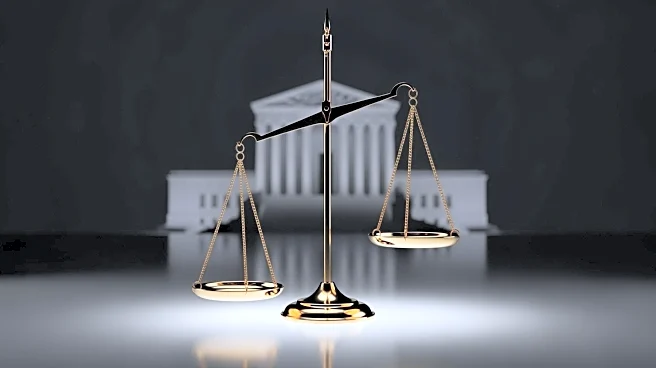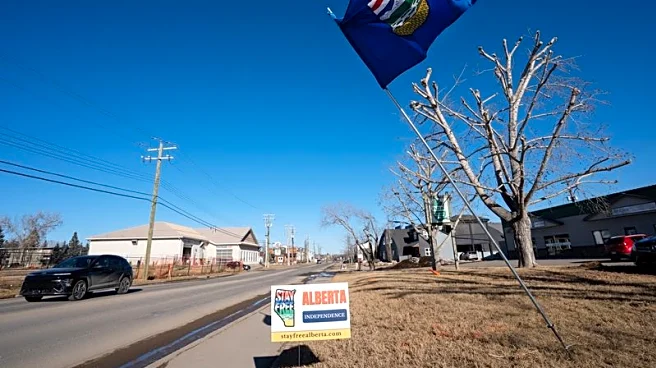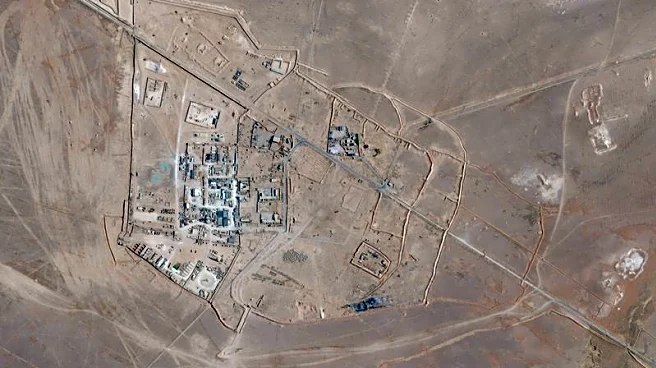What's Happening?
The Supreme Court is reportedly preparing to make a decision that could significantly impact the balance of power within Congress. According to ABC News contributor James Sample and ACLU's Sarah Brannon,
the court appears ready to limit a crucial component of the Voting Rights Act. This development comes amid ongoing debates about voting rights and electoral fairness in the United States. The Voting Rights Act, originally passed in 1965, was designed to prevent racial discrimination in voting. The potential limitation of this act by the Supreme Court could alter how congressional districts are drawn and how elections are conducted, potentially affecting representation in Congress.
Why It's Important?
The Supreme Court's decision could have far-reaching implications for U.S. politics and governance. By potentially limiting the Voting Rights Act, the court may influence the way congressional districts are configured, which could affect electoral outcomes and party representation. This decision could shift the balance of power between political parties, impacting legislative priorities and policymaking. Stakeholders such as political leaders, civil rights organizations, and voters may experience changes in how their interests are represented. The decision could also spark debates about voter suppression and electoral integrity, influencing public policy and civil rights advocacy.
What's Next?
If the Supreme Court proceeds with limiting the Voting Rights Act, political leaders and civil rights groups are likely to respond with legal challenges and advocacy efforts. There may be calls for legislative action to protect voting rights and ensure fair representation. The decision could lead to increased scrutiny of electoral processes and districting practices, prompting discussions about reform and transparency. As stakeholders react, the political landscape may experience shifts in strategy and alliances, with potential impacts on upcoming elections and legislative agendas.
Beyond the Headlines
The potential limitation of the Voting Rights Act by the Supreme Court raises ethical and legal questions about the protection of minority voting rights and the integrity of democratic processes. This decision could trigger long-term shifts in how electoral fairness is perceived and addressed in the U.S. It may also influence cultural and societal attitudes towards voting rights and representation, prompting broader discussions about equality and justice in the electoral system.










